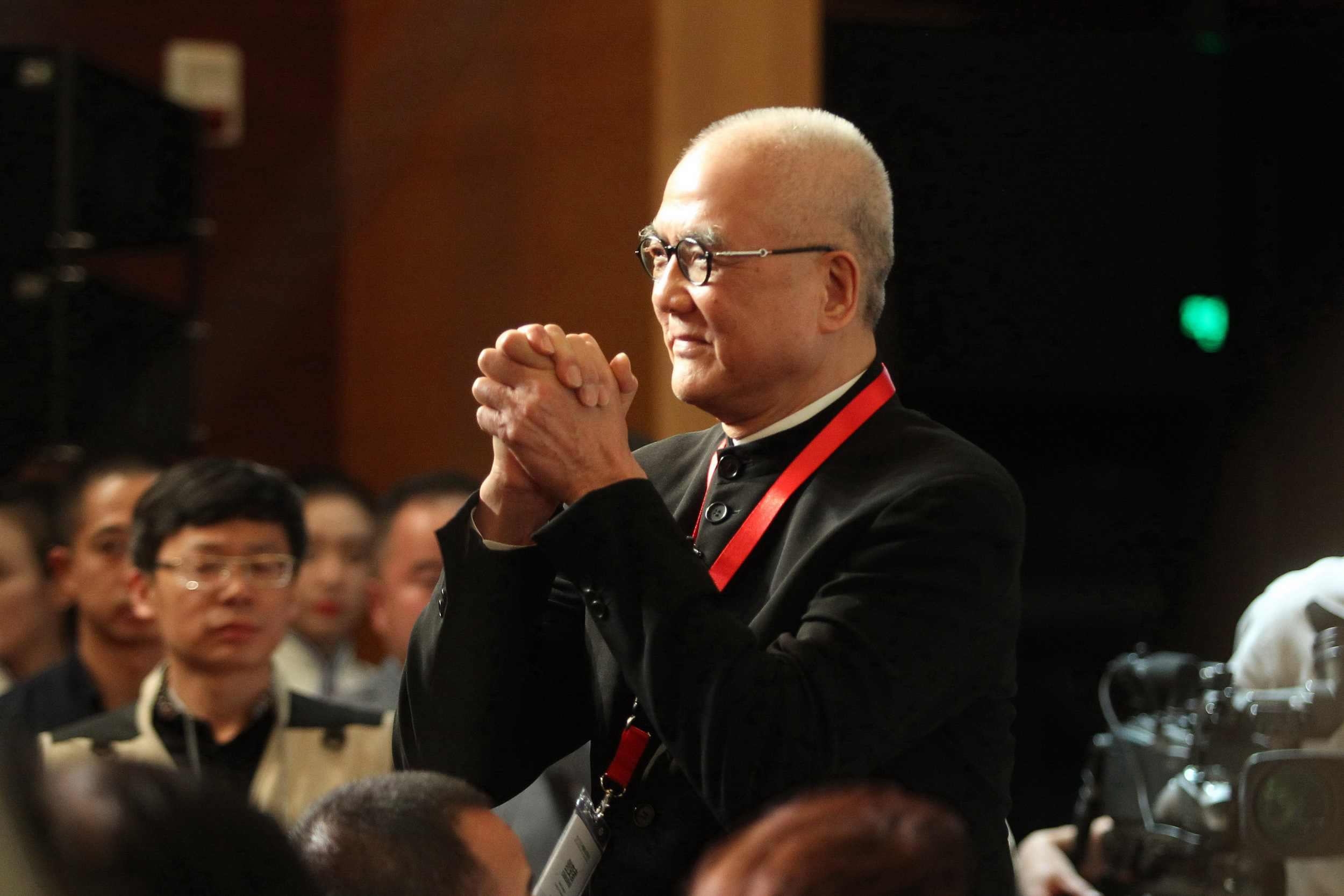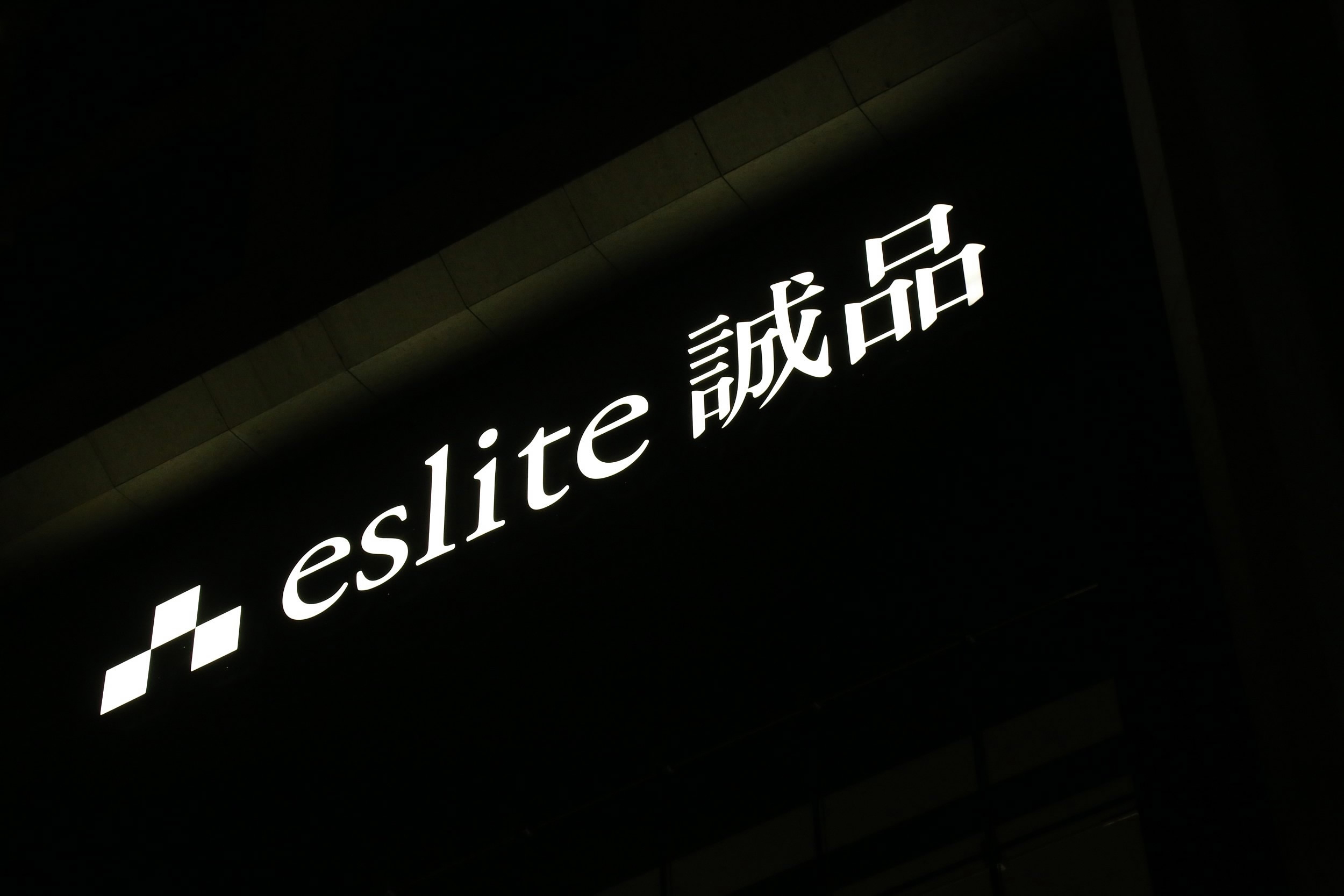Robert Wu, founder of the renowned Taiwan-based Eslite Bookstore, died of heart disease on Tuesday evening, the company has announced.
He was 66.
Wu had long suffered from congenital cardiomegaly and had undergone three major operations during his lifetime.
His sudden death comes a day before the publication of his latest book about the philosophy of his business.
He was expected to attend a press conference following the launch on Thursday.
Wu was a well-respected figure among writers, scholars and book-lovers in Chinese-speaking countries and regions.
As the founder of the Eslite brand, he explored a new model of bookstore operation by combining book sales with cultural creative productions and other fine goods.

Robert Wu, founder of Eslite Bookstore, attends an event in Shenyang city, Liaoning Province. /VCG Photo
Wu opened the first of the Eslite bookstore chain in Taipei in 1989, a project born from his own passion for books and culture.
The store initially sold mainly art and architecture books.
More stores opened in Taiwan in the following years and the company's first 24-hour branch opened in Taipei in 1999.
Dedicated to creating a fine environment for visitors and characterized by a distinguished style, the stores have gradually become a culture landmark and are a must-see spot for visitors to the island.
The Eslite Group now has 48 bookstores across Taiwan, and expanded into Hong Kong by opening two stores in 2012 and 2015.
Its first branch on the Chinese mainland was opened in Suzhou city, Jiangsu Province in 2015.

People visit Eslite Bookstore in Suzhou, Jiangsu Province. /VCG Photo
Today, the Eslite has gradually transformed into a more diversified shopping center, with its business operations now including stationery, fashion goods and food.
Its branches have also expanded into construction, retail, hospitality and restaurants.
The bookstores also organize literature and art activities and exhibitions, while encouraging more readers to play an interactive part.
To the younger generation, the brand also represents a lifestyle and attitude, especially as increasing emphasis has been put on the revival of reading in recent years.
Many other bookstores have also been inspired by Eslite's business model.

People visit Eslite Bookstore in Suzhou, Jiangsu Province. /VCG Photo
By 2015, Eslite's sales turnover was around 172 million US dollars, representing a nine percent year-on-year growth.
But with company profits on the rise, controversy has also emerged over whether the brand has become too commercialized.
Responding to public queries, Wu said in a 2015 interview that "Eslite cannot survive without commerce, but is not willing to survive without culture."
Wu's death is being seen as a major loss by many writers.
Taipei-based essayist Lung Ying-tai posted a short message on Facebook, to mourn Wu's sudden death.
"The bookstores are usually stores selling books and stationery, but he had put efforts to turn it into aesthetics of life, road signs of culture and persistence of the spirit," she said, expressing her gratitude for Wu's contribution to Chinese culture.

Logo of Eslite Bookstore outside of the building in Suzhou city, Jiangsu Province. /VCG Photo
Book lovers of the Chinese mainland took to Weibo to post messages of condolence.
"Rest in peace. I hope that there is also an Eslite bookstore which values humanity and art, creativity and life in the heaven," posted one user named @Maibinggundegushishu.
"I really enjoy immersing myself in the Eslite bookstore, to settle in a corner with one of my favorite books, while enjoying a cup of coffee. It would create a perfect weekend for me. Thank you for bringing Eslite to Suzhou," said @Nibushishuobuqima.










